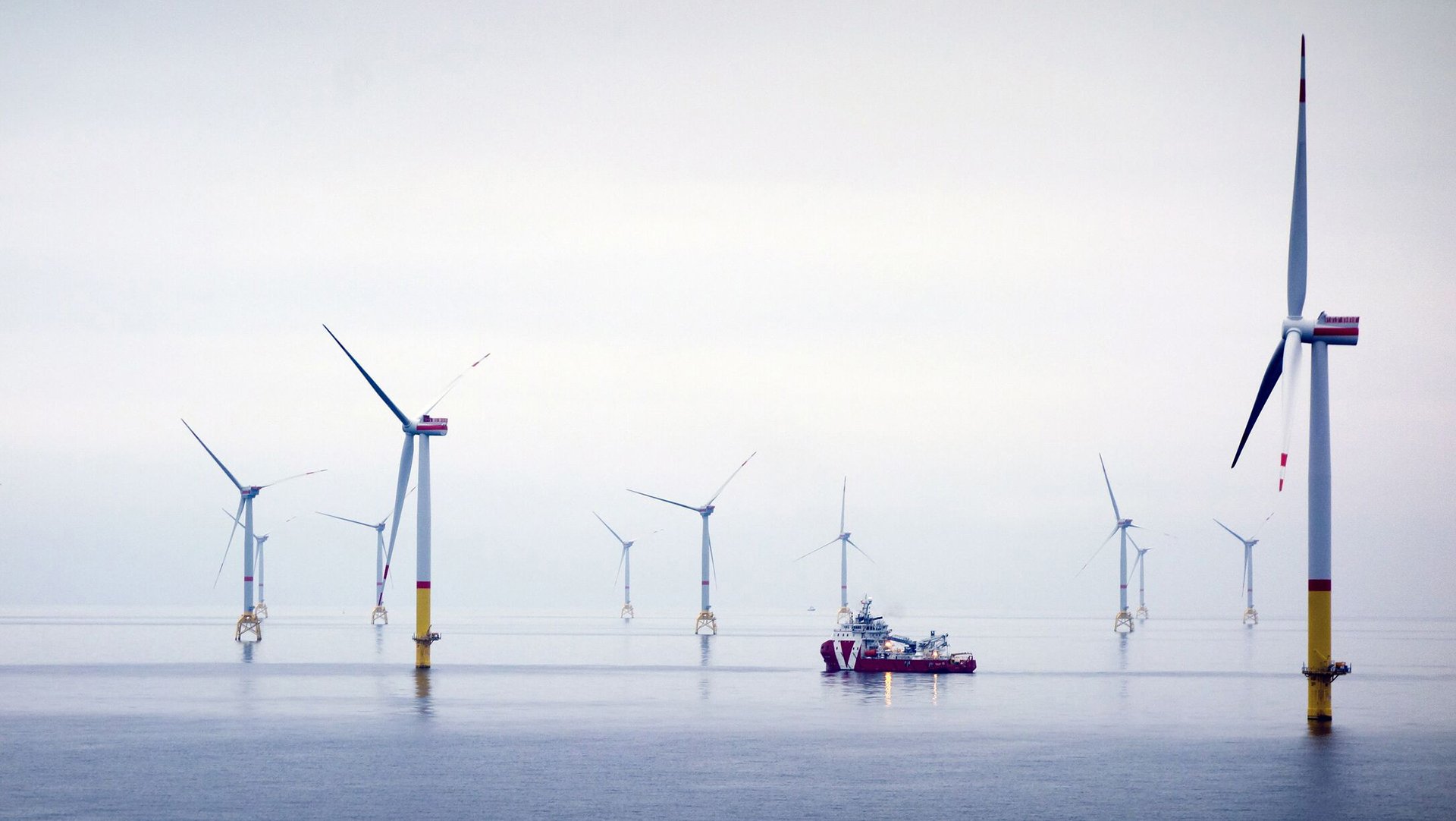
As interest in sustainable finance grows, Nordea’s Sustainable Finance Advisory team is in high demand. Team head Jacob Michaelsen recently spoke to fintech startup Finuprise about SFA’s work, impact investing and the role of banks in driving the transition to a more sustainable future. The following Q&A is adapted from this full-length interview with Finuprise.
Could you tell us about your position as head of Sustainable Finance Advisory at Nordea?
I’m responsible for a unit called Sustainable Finance Advisory, within Nordea’s investment bank. My colleagues and I are responsible for the broader advisory and discussion around sustainable finance with our clients, who tend to be the largest corporate and institutional clients. I’m not specifically focused on the investing side in detail. We have an asset manager at Nordea that works much more closely with that and with ESG integration on a daily basis. My team members’ coverage is on bonds and loans, and what we are looking at with regard to broader sustainability trends and developments, predominantly focused on larger companies.
We’re not environmental consultants, but we are specialists in sustainable finance and what that means for our clients. Clearly, it’s an area we are focused on and investing in. My colleagues and I are inundated with requests from clients. I expect that our team will grow with time as well.
These days people want to live more sustainably and make sure they invest their money in a sustainable way. Do you think that the change has to happen from the investor side, or should it be more on the investee side, or is it both?
I would say it’s both. It’s useful to tap into the discussions in the European community around sustainable finance, including the European Commission’s Sustainable Finance Action Plan. That has really been dictating a lot of what’s happened in the market. I would say that the Sustainable Finance Action Plan, announced in March 2018, is the most significant development within the financial markets on sustainability since the Paris Agreement in 2015. There are a lot of knock-on effects coming from the action plan. That obviously dictates to a large extent what we are focused on as well.
